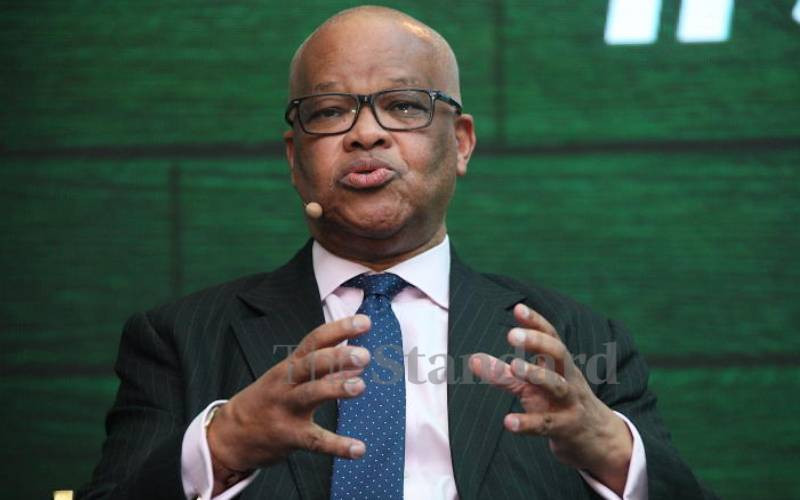×
The Standard e-Paper
Kenya’s Boldest Voice

For a man who has brokered deals worth over Sh1 trillion, controversy comes with the territory.
And after almost 40 years in the corridors of influence and power, John Ngumi is experiencing a bout of self-introspection after hitting the headlines again.